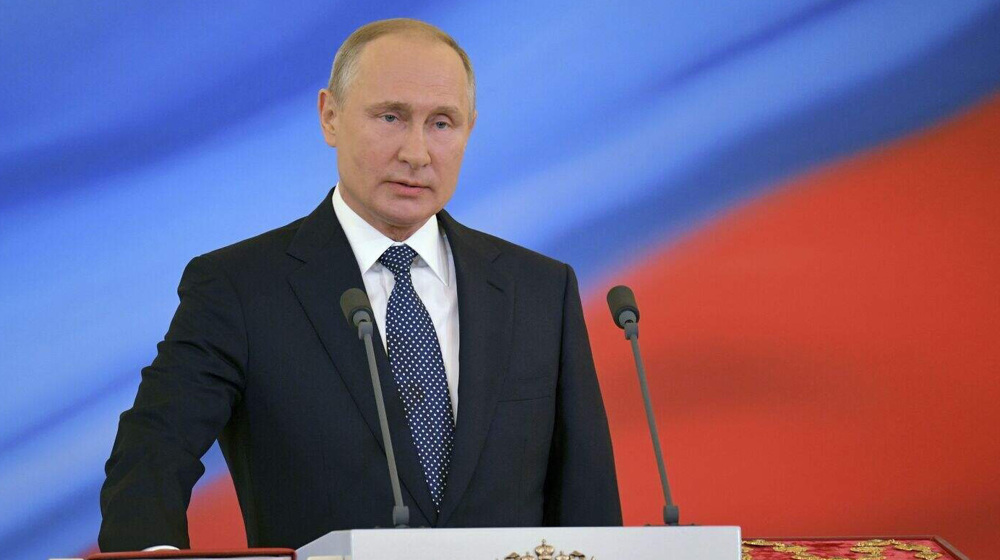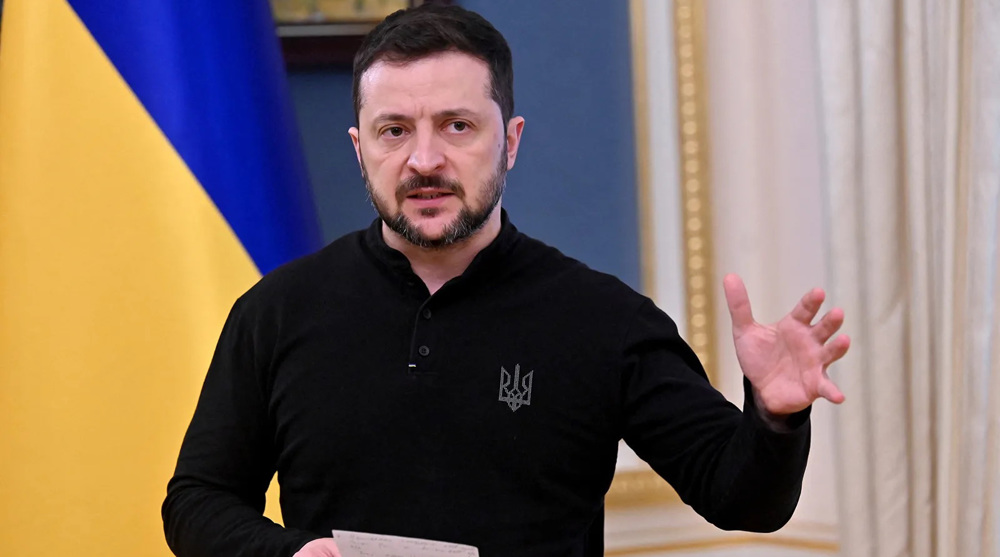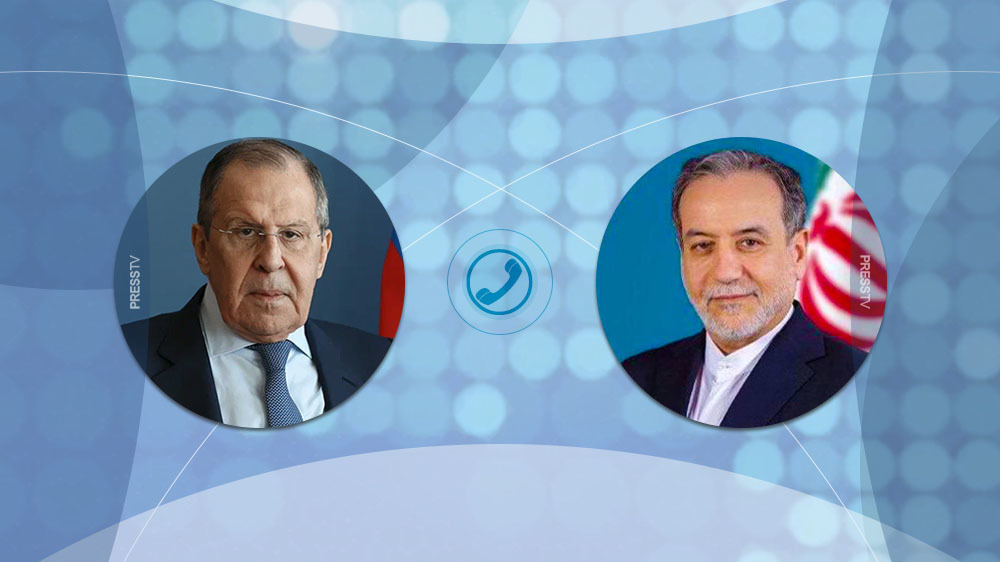NATO calls for maintenance of sanctions on Russia
NATO has called for the maintenance of sanctions imposed on Russia over the crisis in Ukraine, claiming that the move is necessary to force Moscow to demonstrate its commitment regarding a ceasefire agreement on Ukraine.
"The international community must keep pressure on Russia to respect its obligations, especially (when) the security situation in eastern Ukraine remains so serious," NATO Secretary General Jens Stoltenberg said on Wednesday.
The European Union imposed sanctions on Moscow after a Malaysian airliner was shot down over volatile eastern territories of Ukraine in July 2014. The EU accused Russia of involvement in the incident, saying Moscow procured the missile that was used by pro-Russians to shoot down the plane.
Moscow denies the claims as well as broader allegations of its support for the pro-Russians. The Kremlin is a party to the so-called Minsk truce deal on Ukraine although the EU and Kiev say Russia has not demonstrated its commitment to the deal, which was signed in the Belorussian capital in February 2015.
"Russia has a significant responsibility in bringing the conflict to an end," Stoltenberg said after NATO foreign ministers met the Ukrainian foreign minister in Brussels.
"It's important that the economic sanctions be maintained."
The EU, with 22 members also belonging to NATO, is expected to renew the sanctions at the end of December. Many continue to oppose the extension, citing concerns about their effectiveness and costs and also the fact that US President-elect Donald Trump may reduce the pressure on Russia, leaving Europe on its own in the confrontation with Moscow.
Some EU members say the sanctions on Russia have seriously undermined their industry and agriculture sectors, which heavily relied on exports to Russia.
The EU has separately adopted travel bans and asset freeze against Russian and Ukrainian figures over the conflict. The punitive measures will expire in March. Similar sanctions related to the issue of Crimea, a former Ukrainian territory that the EU claims was annexed by Russia in 2014, will run to the end of June 2017.
VIDEO | US ambassador’s remarks on Israel’s expansion spark outrage
VIDEO | ‘Protect the Right to Protest’ rally held outside London court
VIDEO | Gaza bakery supports displaced families ahead of Ramadan Iftar
France blocks US ambassador from ministerial meetings after summons no-show
Around 20 nations condemn Israeli push toward West Bank annexation
Iran pursuing broader cooperation with African nations: Pezeshkian
Israeli minister threatens to seize entire Gaza if Hamas refuses to disarm
VIDEO | Gaza teacher starts ‘Little Wings’ initiative to bring joy to kids










 This makes it easy to access the Press TV website
This makes it easy to access the Press TV website